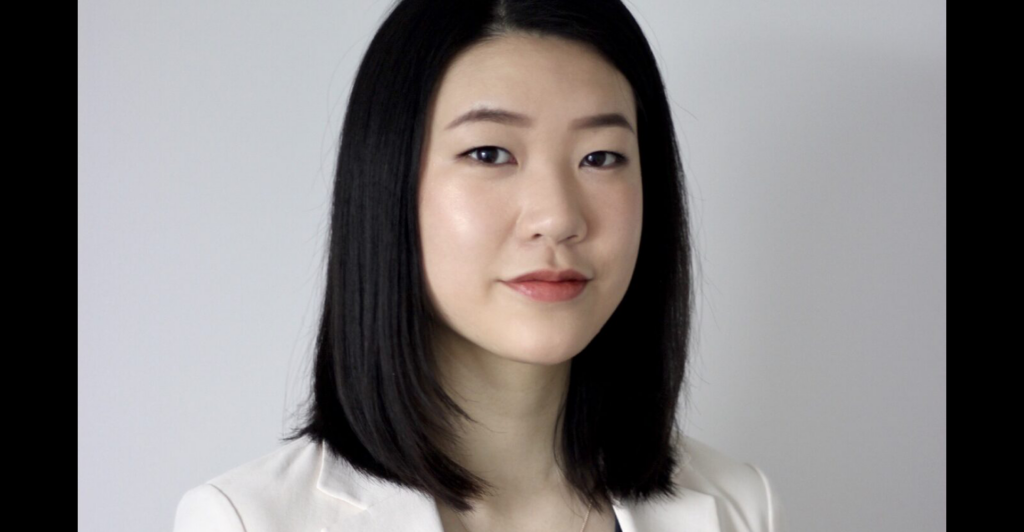We’re taking time to get to know the members of the GSA’s Early Career Scientist Committees. Join us to learn more about our early career scientist advocates.
Tammy Lee
Multimedia Subcommittee
University of Toronto
Research Interest
How is genetic information that is stored in the germline passed on from one generation to the next? The germline is considered ‘immortal’ since it has an unlimited proliferation capacity, and it can pass on its genetic material to give rise to subsequent generations. Therefore, safeguarding germline immortality is crucial for species survival. I use the transparent nematode C. elegans to understand how genetic information is inherited through small RNAs and proteins that associate with tiny condensates called germ granules. The small RNA’s pathways are interconnected with chromatin pathways, and together, they collaborate to regulate gene expression. This form of gene regulation helps to safeguard germline immortality—that is, the continuity of life. Prior to my current research, I dipped my toes into the worlds of cancer metastasis and integrin activation through undergraduate research opportunities abroad.
As a PhD-trained scientist, you have many career options. What interests you the most?
I am interested in careers in science communication, such as content marketing, education and outreach, and publishing. During my undergraduate studies, I founded the Science Communication Club at the University of Toronto. Because most outreach opportunities are related to teaching, there was a lack of opportunities to practice and explore the means of communicating science as a student. I created the club to serve as an inclusive platform to write, illustrate, and promote science to non-scientists, which is an important aspect of being a scientist. In my graduate studies, I continued to explore ways of science communication in pedagogical practices where I managed a project that revamped outdated and tone-deaf teaching material for an introductory biology course. I also write about communicating science in our graduate student newsletter. I believe that science communication skills are crucial to excel in and advance the scientific enterprise.
I am also interested in designing curriculum or developing programs in postsecondary education. At the beginning of the COVID-19 pandemic, I had the opportunity to create and convert the laboratory practicum of a second-year molecular biology course into an online format. We curated a set of open online teaching tools, developed multimedia modules, and designed assignments to increase engagement with students. While I’m still uncertain about my career path in either academia or industry, I’m keeping options available and taking as many opportunities as possible.
In addition to your research, how do you want to advance the scientific enterprise?
Aside from being a strong science communication advocate, I actively engage in building inclusive scientific communities that foster mentorship and collaborations and equip scientists with the right tools to excel. Graduate studies play a huge role in shaping work ethics and social skills that are transferable and important throughout one’s career, and graduate experiences can greatly influence how students behave as they transition to making an impact as scientists in society. Therefore, efforts in strengthening scientific communities and networks can contribute to advancing the scientific enterprise.
Strong scientific communities provide a platform for researchers to discuss their work, and they can also act as a source of motivation for good science. Programs that build trust and promote the right values will nurture great scientists. As the co-president of the Cell and Systems Biology Graduate Union, I act as the liaison between the department and the student body. We organize social/wellness events and graduate student seminars that help to increase interactions and communication between grads. One key factor in community-building is listening to the needs and opinions of the community. Ever since COVID-19, the inflation rates have skyrocketed, but our graduate stipend has remained the same. This year we asked for transparency between the student body and the faculty, as well as a stipend increase to adjust for inflation. Such initiatives and actions help us build vibrant, diverse, yet cohesive communities.
As a leader within the Genetics Society of America, what do you hope to accomplish?
I joined GSA’s ECLP program hoping to explore scientific communities outside of my institution. I enjoy making connections with scientists and researchers from different fields and backgrounds and learning about their experiences. I am hoping to gain experience in an international organization and use the substantial resources that GSA provides to become a better leader, using my experience in GSA to improve and strengthen other communities I’m involved in.
As a member of the Multimedia Subcommittee, I hope to tell stories using different media formats, not just about the genetic study but also about the story behind the work of many scientists. I am excited to take up different roles and learn about the tools used in our Genetics in Your World podcast.
Previous leadership experience
Co-President, Cell and Systems Biology Graduate Union, University of Toronto, 2022-2023
Communications Director, Cell and Systems Biology Graduate Union, University of Toronto, 2020-2022
Founder and President, Science Communication Club, University of Toronto, 2018-2019
Advisor, Science Communication Club, University of Toronto, 2019-2020
Mentor, New Connections peer mentorship program, University of Toronto, 2017-2018




